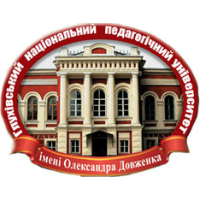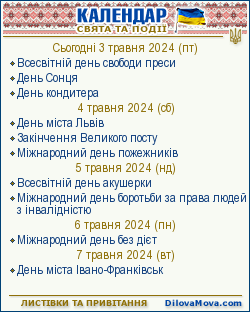Languages
SHEVCHUK I. I. About historiographical study of the history of Belarus during World War II.
The paper analyses the doctoral dissertation and the monograph by Zdanovich V. V. devoted to the historiography of the history of Belarus during the Great Patriotic war. Misunderstanding and a low standard of knowledge of the basic theoretical principles and methods of historiographical research, that manifests the candidate for a doctoral degree, are proved in this paper. As a result of such incompetence the reconstruction of the moving forces and trends of the scientific thought relating to the problem, raised by the author of the dissertation, is certain to be impossible. And this is demonstrated by the reviewed works. Accordingly the conclusions made by V. Zdanovich are of no scientific value. Furthermore, emerging works of such a low quality characterizes to a certain extent the state and the level of institutional forms of research into the history of Belarus during World War II (Great Patriotic War).
The Belarusian educational system almost exclusively focuses on the period of the Great Patriotic War, conveniently forgetting that the Second World War started in 1939, not in 1941. First year students of Belarusian universities even have an obligatory course titled: “The Great Patriotic War of the Soviet People (in the context of the Second World War)”.
Belarus was a republic of the Soviet Union when World War II began. The borders of Belarus were greatly expanded in the invasion of Poland in 1939 and finalized after World War II. Following the German military disasters at Stalingrad and Kursk, a collaborationist Belarusian self-government (BCR) was formed by the Germans in order to drum up local support for their anti-Soviet operations. At 04:45 on 22 June 1941, four million German soldiers, to be joined by Italian, Romanian and other Axis troops over the following weeks, burst over the borders and stormed into the Soviet Union, including the Byelorussian SSR. For a month the offensive was completely unstoppable north of the Pripet marshes, as the Panzer forces encircled hundreds of thousands of Soviet troops in huge pockets that were then reduced by slower-moving infantry divisions while the panzers charged on, following the Blitzkrieg doctrine.
The course continues the tradition of Soviet historiography where only the Soviet point of view dominates. The heroism of the Belarusian people during the Great Patriotic War serves as the main historical myth of political identity the Belarusian leadership is trying to construct. Belarusian citizens loyal to the government should believe that the main historical event in the country's history was a victory in the Great Patriotic War.
Keywords: historiography, World War II, Great Patriotic War, partisan movement, underground struggle, dissertation, scientific monograph, historiography source, competitor, scientific criticism, archive.
- 1217 reads





